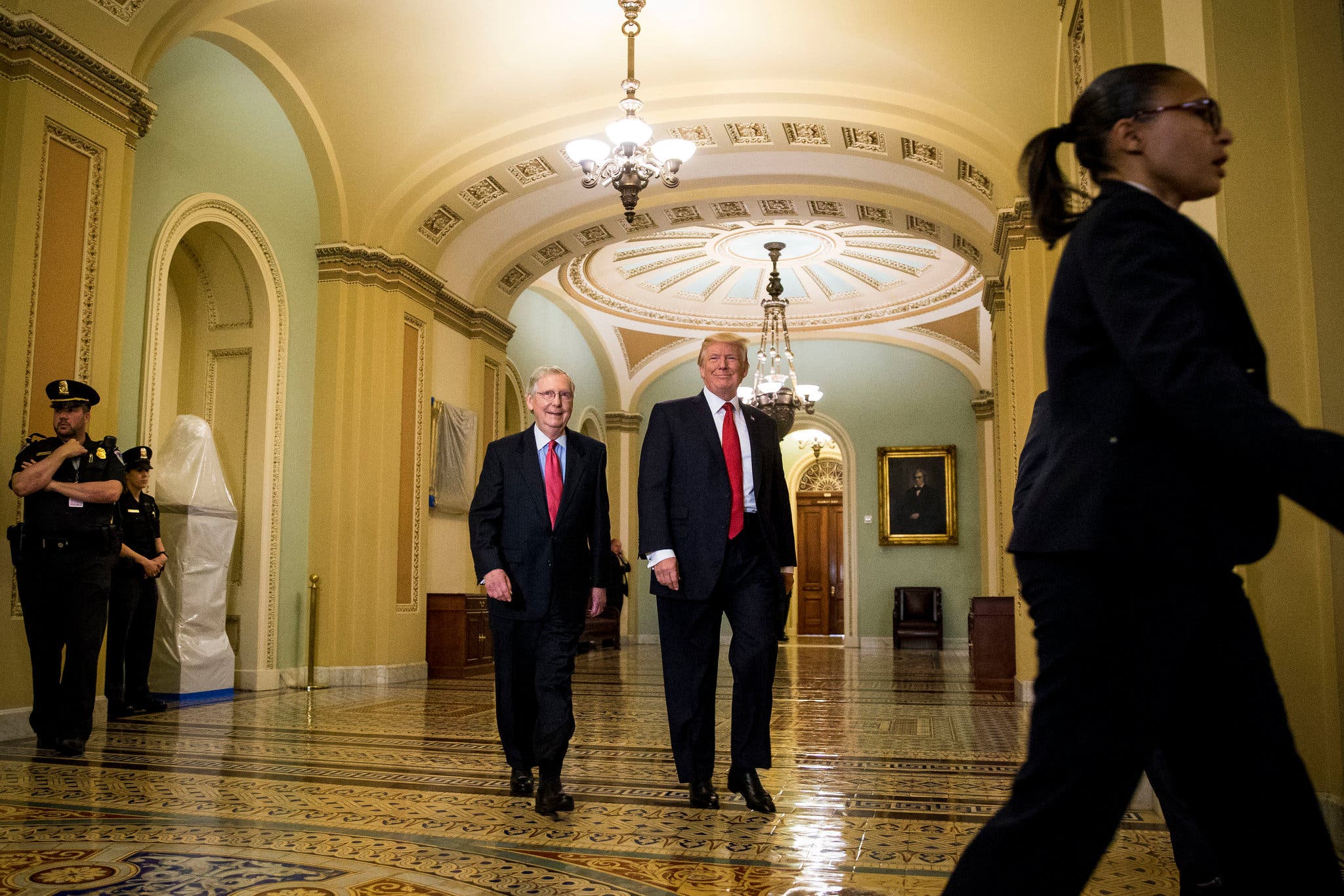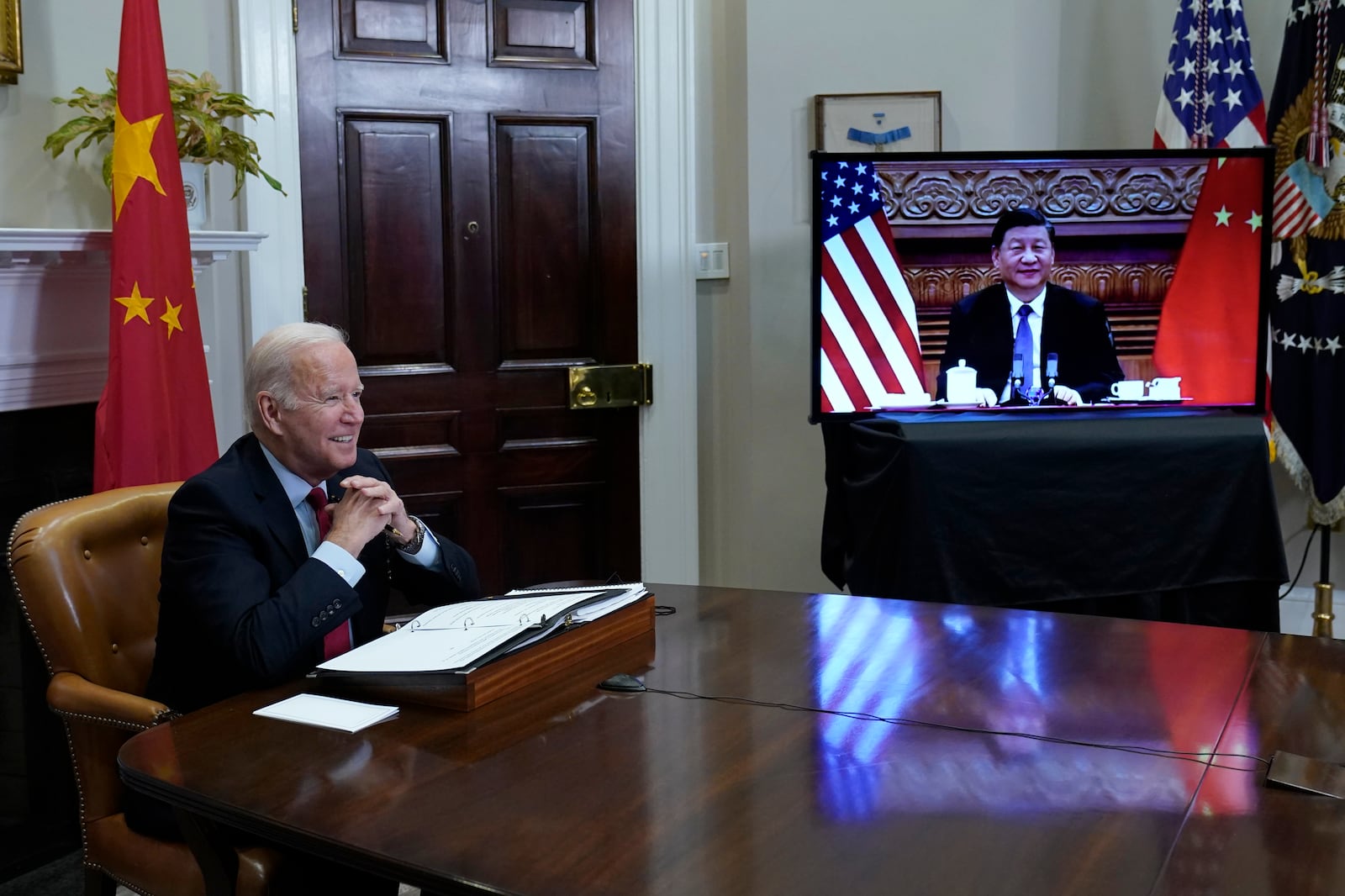Key Republican Groups Oppose Trump's "Big Beautiful" Tax Cuts

Table of Contents
The American Conservative Union's Critique of the Tax Cuts
The American Conservative Union (ACU), a prominent conservative organization, has emerged as a vocal critic of Trump's tax cuts. Their opposition stems from several key concerns, primarily focusing on the long-term fiscal implications and the perceived inequitable distribution of benefits.
-
Concerns about the national debt: The ACU argues that the tax cuts significantly exacerbated the national debt, jeopardizing the country's long-term financial stability. They point to the increased budget deficits as evidence of unsustainable fiscal policy.
-
Disproportionate benefits to the wealthy: The ACU contends that the tax cuts disproportionately benefited high-income earners and corporations, exacerbating income inequality rather than stimulating broad-based economic growth. They argue that this concentration of wealth undermines the principles of a free and fair market.
-
Proposed alternative economic policies: Instead of across-the-board tax cuts, the ACU advocates for targeted tax reforms that promote economic growth while addressing concerns about the national debt. They propose policies focused on simplification, reduced regulatory burdens, and targeted incentives for investment and job creation.
-
Statements from key ACU figures: Numerous ACU leaders have publicly criticized Trump's tax cuts, citing the above concerns and calling for a more fiscally responsible approach to taxation. Their statements have been widely reported in conservative media outlets.
-
Relevant ACU publications and press releases: The ACU has published several reports and press releases detailing their opposition to the tax cuts and outlining their preferred alternative economic policies. These resources provide further insight into their arguments and positions. [Insert links to relevant ACU resources here].
Fiscal Conservatives' Concerns About Long-Term Fiscal Sustainability
Beyond the ACU, a broader coalition of fiscal conservative groups shares similar concerns about the long-term fiscal sustainability of Trump's tax cuts. These groups emphasize the potential for future economic instability due to the increased national debt.
-
Projections of future budget deficits: Numerous economic reports project significantly increased budget deficits over the coming decades as a direct result of the tax cuts. These projections paint a concerning picture for future generations.
-
Impact on social security and medicare funding: The increased national debt resulting from the tax cuts puts pressure on vital social programs like Social Security and Medicare. Fiscal conservatives warn that these programs could face severe cuts in the future to address the unsustainable debt.
-
Potential for future tax increases: To offset the revenue shortfall created by the tax cuts, fiscal conservatives predict the inevitable need for significant tax increases in the future. This could negatively impact economic growth and place an undue burden on taxpayers.
-
Citations from economic reports and expert opinions: Numerous economic reports and expert opinions support the concerns raised by fiscal conservatives. [Insert citations to relevant economic reports and expert analysis here].
-
Specific organizations and think tanks: Organizations like the Committee for a Responsible Federal Budget and the Tax Foundation have published extensive analyses highlighting the long-term risks associated with Trump's tax cuts.
The Role of Moderate Republicans in Opposing the Tax Cuts
The opposition to Trump's "big beautiful" tax cuts isn't limited to conservative groups. A growing number of moderate Republicans are also expressing dissent, creating a significant internal rift within the party.
-
Emphasis on bipartisan solutions and fiscal responsibility: Moderate Republicans prioritize bipartisan solutions and fiscal responsibility, viewing the tax cuts as a partisan measure that failed to address broader economic concerns.
-
Concerns about income inequality: Moderate Republicans share concerns about the tax cuts' impact on income inequality, arguing that they exacerbated the gap between the wealthy and the middle class.
-
Proposed alternatives to the existing tax structure: Moderate Republicans advocate for alternative tax structures that promote broader economic growth while addressing concerns about income inequality and the national debt. They often propose more targeted tax relief measures and investments in infrastructure and education.
-
Examples of moderate Republican politicians publicly criticizing the tax cuts: Several prominent moderate Republican politicians have publicly criticized the tax cuts, highlighting their concerns about fiscal responsibility and the long-term economic consequences. [Insert examples of such politicians and their statements here].
-
Political implications of the internal conflict: This internal conflict within the Republican party has significant political implications, potentially impacting the party's ability to appeal to a broader electorate and shaping its future policy platforms.
Shifting Public Opinion and its Impact on Republican Strategy
The changing public perception of Trump's tax cuts is also influencing Republican strategy. As public opinion shifts, the party is forced to reassess its approach to economic policy.
-
Polling data showing public approval or disapproval: Recent polling data shows [Insert relevant polling data here] indicating a shift in public opinion regarding the tax cuts.
-
Impact of public opinion on upcoming elections: This evolving public opinion is likely to significantly influence upcoming elections, potentially impacting the success of Republican candidates.
-
Influence on the Republican party's future policy proposals: The changing public sentiment forces the Republican party to reconsider its future economic policy proposals and seek more bipartisan solutions that better reflect the concerns of the electorate.
Conclusion
The opposition to Trump's "big beautiful" tax cuts within the Republican party represents a significant shift in the political landscape. Influential groups and factions are increasingly vocal in their criticism, highlighting concerns about fiscal responsibility, long-term sustainability, and growing income inequality. This internal rift has major implications for the party's future direction and its ability to appeal to a broader electorate.
The debate surrounding Trump's "big beautiful" tax cuts is far from over. Stay informed about this crucial issue and continue to follow developments as the Republican party grapples with the consequences of these policies and seeks to chart a new economic course. Understand the implications of these conflicting viewpoints on the future of the US economy and engage in discussions about alternative economic strategies. Learn more about the various Republican groups involved and their specific arguments against Trump's "big beautiful" tax cuts.

Featured Posts
-
 Will Pitchers Name Crack The Mets Starting Rotation A Performance Review
Apr 29, 2025
Will Pitchers Name Crack The Mets Starting Rotation A Performance Review
Apr 29, 2025 -
 Stock Market Valuations Bof A Says Dont Worry Heres Why
Apr 29, 2025
Stock Market Valuations Bof A Says Dont Worry Heres Why
Apr 29, 2025 -
 Us Pressure Fails To Sway Hungary On China Economic Relations
Apr 29, 2025
Us Pressure Fails To Sway Hungary On China Economic Relations
Apr 29, 2025 -
 Khaznas Saudi Arabia Expansion A Post Silver Lake Investment Strategy
Apr 29, 2025
Khaznas Saudi Arabia Expansion A Post Silver Lake Investment Strategy
Apr 29, 2025 -
 10 New Nuclear Reactors Approved In China A Major Expansion
Apr 29, 2025
10 New Nuclear Reactors Approved In China A Major Expansion
Apr 29, 2025
Latest Posts
-
 Oh What A Beautiful World A Review Of Willie Nelsons New Album
Apr 29, 2025
Oh What A Beautiful World A Review Of Willie Nelsons New Album
Apr 29, 2025 -
 Country Legend Willie Nelson Releases Oh What A Beautiful World
Apr 29, 2025
Country Legend Willie Nelson Releases Oh What A Beautiful World
Apr 29, 2025 -
 New Music Willie Nelson Releases 77th Solo Album At 91
Apr 29, 2025
New Music Willie Nelson Releases 77th Solo Album At 91
Apr 29, 2025 -
 New Music Willie Nelsons Oh What A Beautiful World
Apr 29, 2025
New Music Willie Nelsons Oh What A Beautiful World
Apr 29, 2025 -
 Oh What A Beautiful World Willie Nelsons Latest Album Details
Apr 29, 2025
Oh What A Beautiful World Willie Nelsons Latest Album Details
Apr 29, 2025
